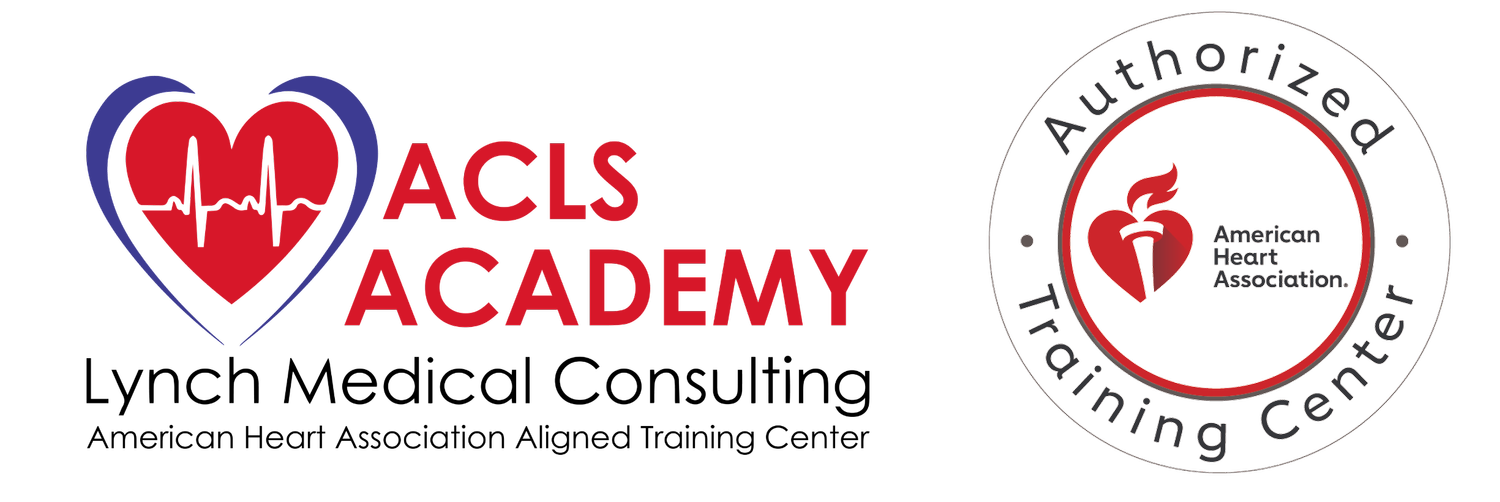CPR & AED AWARENESS WEEK IS JUNE 1-7, 2023
CPR and AED Awareness Week is an annual observance to raise awareness about the importance of knowing how to perform CPR and use an AED in emergencies. The event aims to educate individuals about these life-saving techniques and devices, empowering them to respond effectively during cardiac emergencies.
CPR & AED Awareness Week was officially established by a joint resolution of the United States Congress in 2007. The resolution designated the first week of June each year as National CPR & AED Awareness Week. The American Heart Association (AHA), along with other organizations and stakeholders, played a crucial role in advocating for the establishment of this awareness week. Since then, CPR & AED Awareness Week has been observed annually to promote CPR and AED training, raise public awareness, and encourage individuals to take action during cardiac emergencies.
CPR, or Cardiopulmonary Resuscitation, is a technique used to manually restore the circulation of oxygenated blood to the brain and other vital organs when the heart stops beating. It involves a combination of chest compressions and rescue breaths to maintain blood flow and oxygenation to a person experiencing cardiac arrest, and it can be used to treat various types of cardiac arrest.
AEDs, or automated external defibrillators, are portable electronic devices that deliver a shock to the heart to restore its normal rhythm. They are often used in conjunction with CPR and are designed to be used by individuals with minimal training. AEDs can significantly improve survival rates for people experiencing sudden cardiac arrest, and they are commonly found in public places such as airports, shopping centers, and sports facilities.
CPR & AED Awareness Week was established to emphasize the importance of prompt bystander intervention in saving lives during cardiac emergencies. The event educates the public about the importance of early CPR and AED use, highlights the need for widespread CPR training, and encourages individuals to learn these vital skills. Being CPR trained means you know how to quickly and properly administer CPR. This quick response can mean life or death for someone in medical distress.
The importance of CPR & AED Awareness Week lies in its potential to save lives. Cardiac arrest can strike anyone, anywhere, anytime, and immediate action is crucial for survival. By increasing awareness and knowledge about CPR and AEDs, more individuals can be equipped with the skills and confidence to respond effectively during cardiac emergencies. Prompt bystander intervention significantly improves the chances of survival for someone experiencing sudden cardiac arrest until professional help arrives.
Through CPR & AED Awareness Week, communities and organizations aim to create a culture of preparedness, empowering individuals to become potential life-savers. By encouraging widespread CPR training, promoting AED accessibility, and fostering a proactive approach to cardiac emergencies, the event strives to positively impact public health and reduce the number of preventable deaths caused by sudden cardiac arrest.
The importance of CPR and AED awareness cannot be overstated. According to the American Heart Association, cardiac arrest is a leading cause of death in the United States. More than 356,000 cardiac arrests occur outside a hospital in the U.S. each year, and the survival rates for people who experience cardiac arrest outside of a hospital setting are generally low. However, early intervention with CPR and AEDs can significantly improve a person's chances of survival.
In addition to learning about CPR and AEDs, it is also vital for individuals to understand the signs of cardiac arrest and to know when to call for emergency medical assistance. Some of the most common symptoms of cardiac arrest include sudden loss of consciousness, cessation of breathing, and absence of a pulse.
At ACLS Academy, we have three different variations of Heartsaver CPR courses available to non-medical professionals: 1) HEARTSAVER CPR/AED/FIRST AID, 2) HEARTSAVER CPR/AED, OR 3) PEDIATRIC CPR/AED/FIRST AID
American Heart Association Heartsaver courses are designed to prepare non-healthcare providers for the ability to effectively administer CPR, including the use of AEDs for adult, child, and/ or infant responses. These courses are typically required for lifeguards, physical trainers, restaurant workers, coaches, and similar groups. In addition to CPR & AED use, the Heartsaver course offers an additional, supplemental First Aid training component which can be done as a stand-alone course or as an add-on to the CPR & AED training.
Our Heartsaver course covers the following:
Responding to and managing illnesses and injuries in adults, children, and infants.
First aid basics for common first aid emergencies.
How to perform life-saving skills.
How to recognize cardiac arrest and what to do until EMS arrives.
Our Heartsaver Blended Learning courses include an online portion and a hands-on skills session. The online portion provides the flexibility of completing training at your own pace, either at work, home, or wherever you have Internet access. The hands-on portion includes a skills practice and testing session conducted in person with an AHA Instructor. The skills session can take approximately 1-2 hours. Sign up here for ACLS Academy's Heartsaver courses, or contact us for questions or additional information.
CPR and AED Awareness Week provides an important opportunity for individuals to learn more about these life-saving procedures and to take steps to become better prepared to respond to emergencies. By learning about CPR and AEDs, individuals can help improve survival rates for people experiencing sudden cardiac arrest and make their communities safer and more prepared. To learn more about how CPR saves lives and occupations for which CPR training is essential, read our recent blog posts on these topics.

